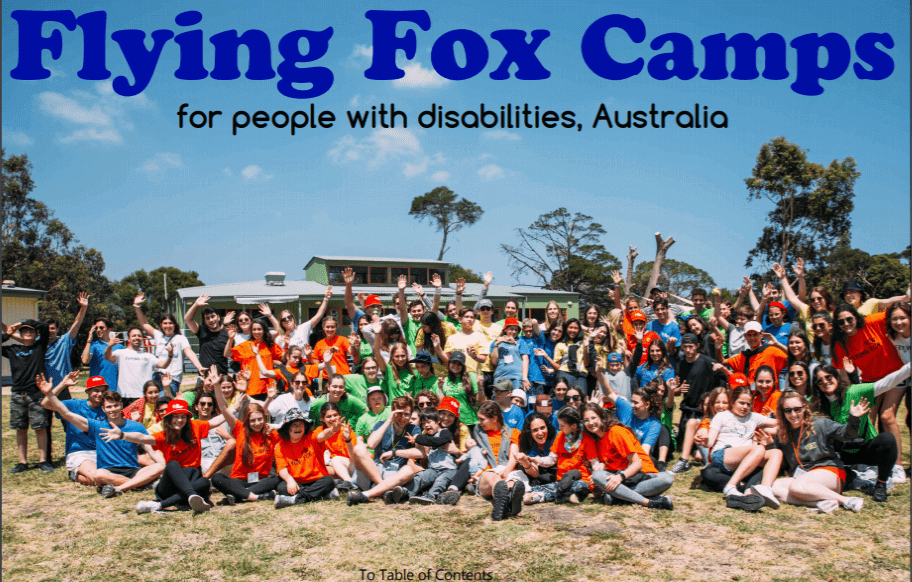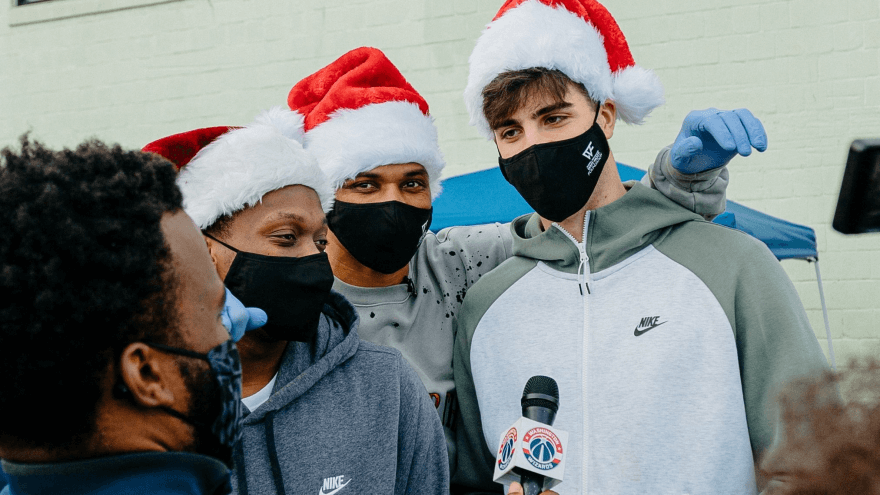Dean Cohen has fond memories of growing up in the Jewish youth movement of Melbourne, Australia. While Cohen and his peers participated in B’nai Akiva or Habonim youth groups and camps, he remembers
that “people with disabilities were excluded. They didn’t have the same social and camp experiences that we had!” In 2014, Cohen started Flying Fox, a camp program for people with disabilities, ages 8-16.
The Melbourne-based Flying Fox organization has grown tremendously in six short years.
Flying Fox offers “fun, positive social experiences” to young adults with disabilities. The first camp hosted 19 participants. To date, Fly Fox has provided weekend camp experiences to 250 participants. While the<br>program has “strong Jewish roots,” it is open to participants of all backgrounds.
Cohen, who currently serves as CEO, notes that there are many camping organizations in Australia, and several which serve youth and young adults with disabilities including two Jewish organizations–Camp Sababa (a sister organization in Sydney) and Friendship Circle, affiliated with Chabad. “What makes Flying Fox unique is that it is mainly youth led,” reports Cohen. He is proud of the responsible young people who undergo extensive training and volunteer regularly with Flying Fox. “These are young people who can offer complex support needs for our participants.”
Ricki Sher, Head of Programs, feels the “youthful energy” they offer is “unique and contagious.” The young, enthusiastic volunteers serve as peer mentors for the participants and therefore create an inclusive experience.

Sher envisions a day when “500 or 1000 or 10,000 alumni go out to the world and use their experience to shape a more inclusive world!” Sher, who at 26 years old, playfully considers herself to be “the grandmother of the group,” imagines a day when a former volunteer, positively impacted by the experience of working with Flying Fox, goes on to open a coffee shop—and makes it physically accessible, and employs people with disabilities.”
Sher describes Flying Fox weekend camp programs as “fun, with laughs, smiles, lots of energy, music, roller blading, sports, an epic talent show, silent disco and a slip and slide—it is a bubble of fun and happiness!” Camp Wings and camp Sababa provide 4 to 5-night sleepaway camping programs to 30 participants— supported by 80 volunteers- in a rural setting outside of Melbourne. Junior and senior camps both take place during winter and summer school holidays.
The SHOTZ program offers weekend getaways for 6 or 7 campers and their buddies. They take place at Tova House, a home recently purchased by Flying Fox in Lancefield, an hour from Melbourne in Lancefield.
Flying Fox also offers SOCS (Siblings of Camp Sababa), a sibling support program for siblings of people with disabilities. They host camps and weekends where participants connect and share life experiences with other siblings of people with disabilities. A recent camp included 50 siblings of people with disabilities. Additional programs accommodate participants with more complex support needs. They typically include 25 campers, 50 buddies, medical personnel, a psychologist and additional adult support.
Cohen and Sher are pleased with their program, participants, their families and their amazing volunteers. And they continue to dream. Sher smiles, “My dream is to go national around Australia, and to create Flying Fox hubs around the world!”












